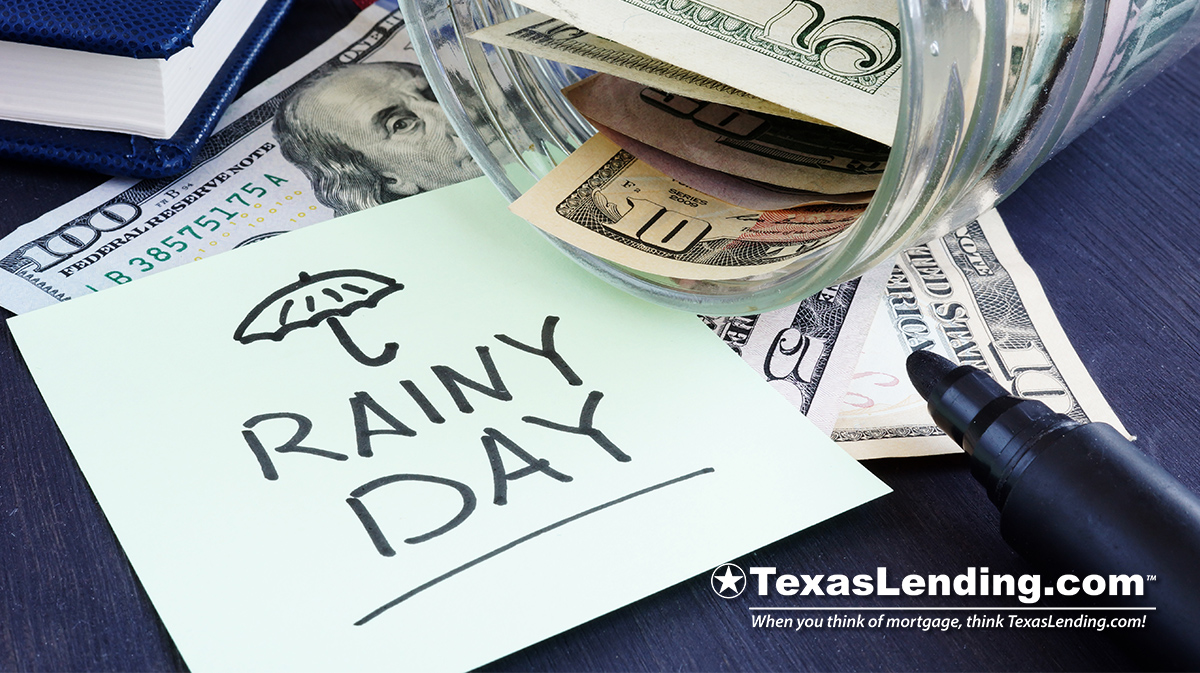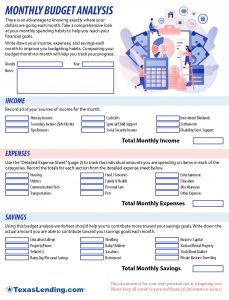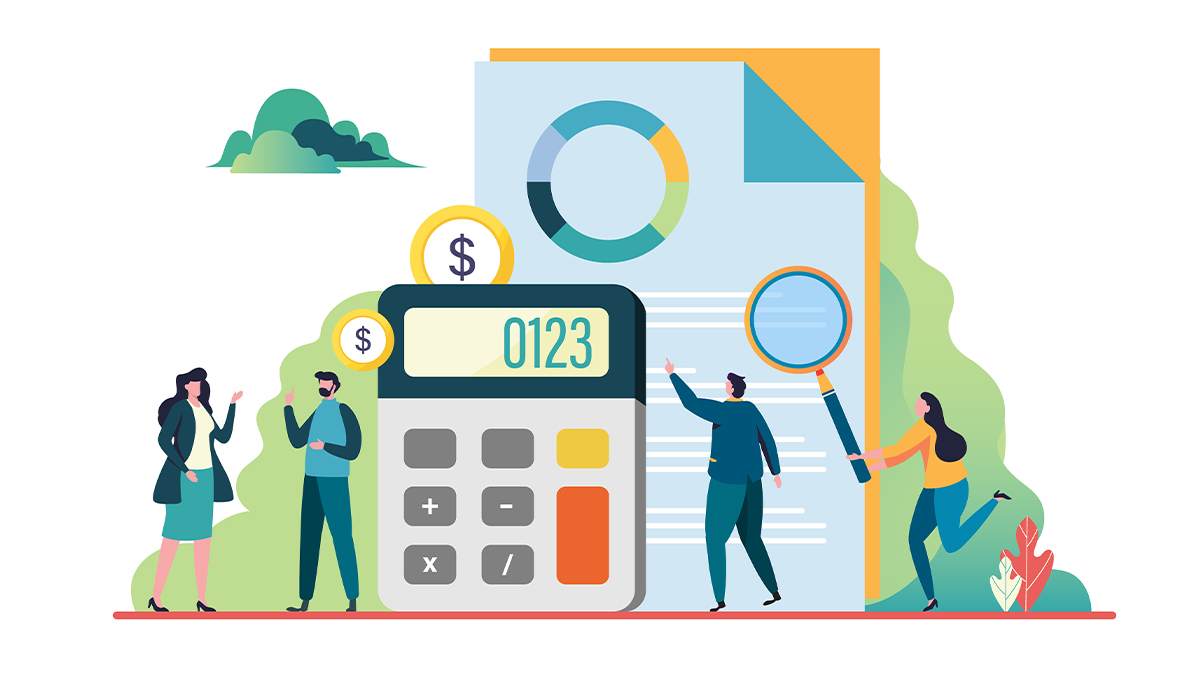Why You Should Save for a Rainy Day

Things happen. Or… more accurately said, unexpected costs happen. If you run into some unexpected costs or need a bit extra cash, the potential financial impact will be smaller if you have saved for a rainy day.
Saving for a rainy day or other savings goals, takes some budgeting and discipline. However if you save for a rainy day, your overall financial stability is more healthy.
How can unexpected costs impact your credit?
Your credit plays a big role in your financial flexibility when it is time to buy a home, purchase a vehicle, start a business, or make other large investments. So it is important to keep your credit in mind, even as you make day to day transactions.
If, for example, your car needs a major repair and you do not have any savings to cover that cost, using your credit card could be a solution. Credit cards do come at a cost, and usually with high interest. This means that the repair will cost you much more in the long run, and the higher monthly credit card bills could put a strain on your budget until you can pay it off.
Missing a credit card payment, or missing a payment on another monthly bill will lower your credit score. If you save for a rainy day and have the ability to pay for unexpected expenses, you can avoid over extending your credit or budget.
What should a rainy day fund be used for?
Your rainy day savings should be used for expenses that arise for things that are truly needed. The financial security of your rainy day savings comes in having the funds available for emergencies.
Here are a few reasons to tap into your rainy day savings:
- If you lost your job and need to pay bills
- Pay for unexpected major repairs to your vehicle
- Up front medical costs that aren’t covered by insurance or a health savings account
- Covering utility bills that are higher than expected
- Emergency veterinary costs for pets
- Unexpected costs for repairs to your home that aren’t covered by homeowners insurance or a home warranty policy
- Broken window, door, or other small damages
- Sprinkler system repairs
- Replacing appliances
- Cleaning up big carpet stains
- Pest control services
- Other emergency costs that aren’t covered by insurance
How much should you have saved?
The amount you save for a rainy day fund deserves some consideration. Financial advisors often suggest saving the amount of 3-6 months of your bills and expenses. This would be helpful in the event that you lose your job; you would have enough savings to pay your bills for a few months until you are able to find new employment.
Begin saving for a rainy day by adding a savings goal to your monthly budget. Learn more about planning a monthly budget in one of our previous blog articles.

Keeping some money available for unexpected costs, is a good strategy for your overall financial stability. We hope this article give you some perspective on why you should save for a rainy day.
If you would like to see more articles like this one, follow our Facebook page. As always, we are here to answer your mortgage questions. Reach out to us when you are ready to buy a home or refinance your current mortgage.






